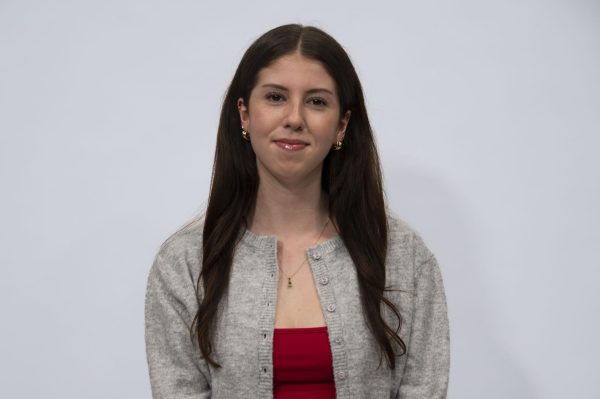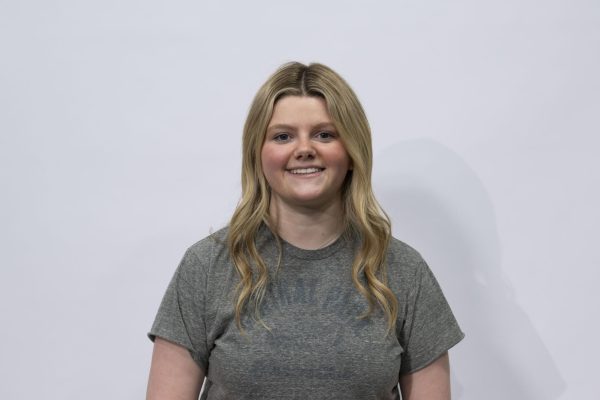A few weeks ago, a friend of a friend at a university told me that they connect on LinkedIn with every person they meet at every party they go to. This made me laugh, not only because of their absurd number of connections, but also because I couldn’t imagine using LinkedIn so religiously.
LinkedIn is a professional social media platform where a person’s followers are called “connections.” Users can share resumes digitally, form large networks and post updates about their employment.
As a Northeastern student, LinkedIn is most often used to announce co-op selections to peers, which is part of the reason I never cared to be a dedicated user. Feeds flooded by numerous posts detailing companies and job titles are bound to promote feelings of jealousy or frustration, especially if your co-op search is at a standstill or you didn’t get the position you were hoping for.
Such an outcome is not surprising considering the comparative nature of most social media platforms, and LinkedIn is just another platform that can harbor competition. Many of the traditional forms of social media we think of, like Instagram or TikTok, can promote feelings of low self-esteem, often based on physical appearance or social status.
LinkedIn can have the same effect on its users; however, the negativity comes from assigning more merit to other’s academic and professional success. For example, once the co-op comparison begins, it’s very easy for students to spiral into not feeling smart enough or qualified enough in relation to their peers.
This is due to the disconnect between people and their presence on social media, which are two different versions of the same person. Social media flaunts the positive aspects of people and their lives, making it easy to believe that others are more successful than you are based on the curated content they put out to the world.
I found that staying off LinkedIn was more calming and gratifying while going through the co-op process. I could focus on myself without worrying that I was behind or had a worse co-op than people I barely know.
LinkedIn has completely digitized the way that students and professionals network with one another. You can connect with an individual without ever having to speak with them, making one’s network more about quantity than quality. And, seeing a higher volume of posts about other’s success only increases the likelihood of someone doubting their own intellect and capabilities.
As I’ve gone through co-op, the connections I’ve made with real people I’ve worked with and spoken to are palpably different from those in my LinkedIn network. I don’t doubt myself around those in my real-life professional network the way I do when I scroll through LinkedIn. My real-life connections are far more beneficial and provide more opportunities, which is what networking is really about.
I think Northeastern students should return their focus to networking with people in real life. The benefits are manifold, and personal connection is the key to experiencing them. Overall, students would be more satisfied with their professional status, giving them more confidence in themselves. In order to achieve this, students have to step away from the ease and accessibility of LinkedIn as a digital platform — and conversation starter at parties.
Kara Orsini is a third-year health sciences major and columnist for The News. She can be reached at orsini.k@northeastern.edu.

















